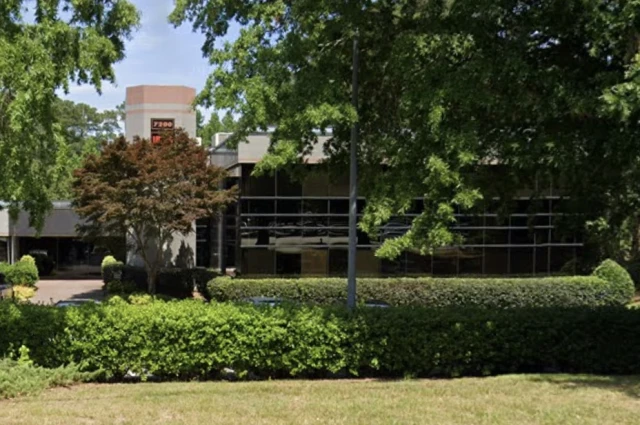Welwynn Outpatient Center Information
Treatment
Who We Treat
- Executives
- Professionals
Treatment Focus
- Drug Addiction
- Executives
Approaches
- Individual Treatment
- Evidence-Based
- Family Therapy
- Craniosacral Therapy
- Holistic
- Non 12 Step
- Narrative Therapy
- 1-on-1 Counseling
- Aromatherapy
- Reiki
Conditions We Treat
- Co-Occurring Disorders
Substances We Treat
- Alcohol
- Benzodiazepines
- Heroin
- Cocaine
- MDMA/Ecstasy
- Ecstasy
- Marijuana/Cannabis
- Psychedelics
Languages
- English
Aftercare
- Intensive Outpatient Program
- Recovery Coach
Level of Care
- Outpatient
- Intensive Outpatient Program (IOP)
- Co-Occurring Mental Health
Experience
Smoking and Vaping Policy
- Smoking Allowed in Designated Areas
- Vaping Allowed in Designated Areas
Accreditations
-
State department of health
Government agencies issue State Licenses, granting rehabilitation organizations permission to operate their businesses legally within specific geographic regions. The licenses needed for legal operation are typically determined by the type of rehabilitation program offered by a facility and its physical location.

-
Commission on Accreditation of Rehabilitation Facilities (CARF)
CARF accreditation is a prestigious recognition for organizations in rehabilitation and human services. It signifies that an organization meets rigorous quality standards and is committed to providing top-notch care. Achieving CARF accreditation involves a thorough evaluation process, including on-site surveys, to ensure excellence in programs and services. This accreditation boosts an organization's credibility, assures clients and funders of quality, and promotes ongoing improvement in the field of rehabilitation and human services.

Find the best treatment options. Call our free and confidential helpline today!




